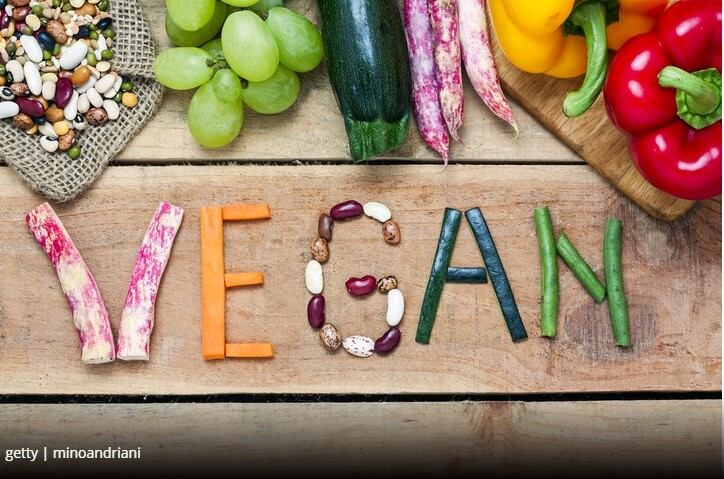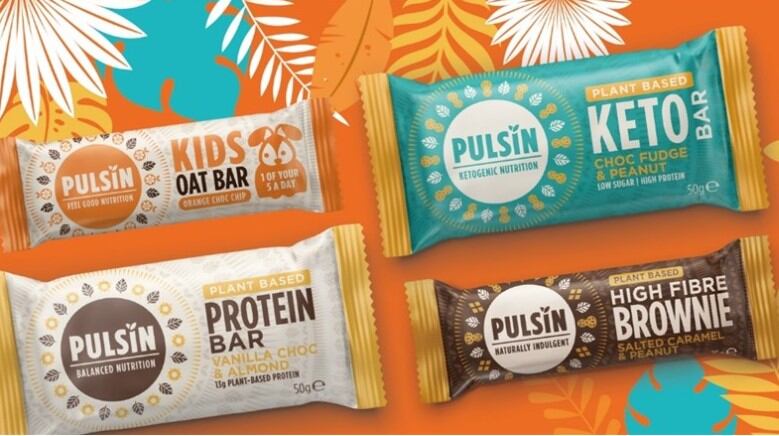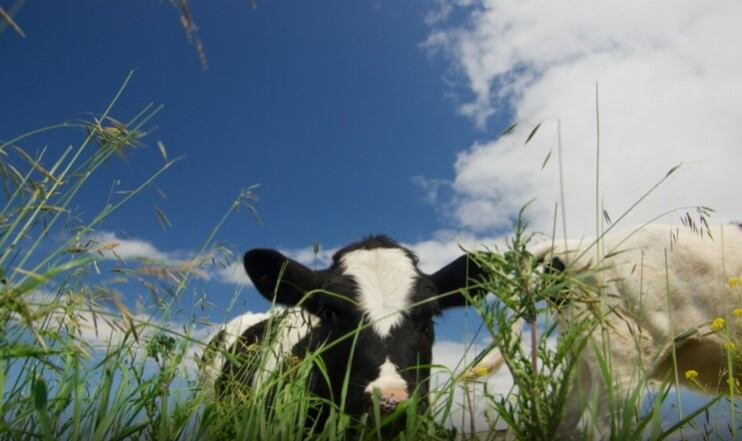Writing in the Nutrition Bulletin, the paper’s authors acknowledge that while environmentally beneficial, widespread adoption of the diet is unlikely and may reduce intakes and/or bioavailability of essential nutrients.
“While the evidence-base on sustainable food systems has grown significantly in recent years, all too often nutritional quality and delivery of essential nutrients is not considered in judgements about the environmental impact of foods and diets,” explains Professor Judy Buttriss, one of the study authors and BNF’s Director General.
"It’s vital that nutrition is central in discussions about transformation of food systems so that we don’t risk encouraging dietary changes that might benefit the environment but could be detrimental to people’s health.”
Along with the BNF’s Nutrition Scientist, Dr Simon Steenson, the two colleagues began reviewing 29 studies in high-income countries that used various methodologies to define a healthier, more sustainable diet.
Meat alternatives
Dietary areas of focus included meat alternatives, in which followers of the vegan diet would look to the ‘meat replacers’ mycoprotein- and soya-based products to mimic a meat-like food.
However, the researchers highlighted findings, which suggest some meat alternative products were relatively high in salt or fat.
The team cites a study that finds animal-derived foods, which are replaced in the diet by plant-based meat (or dairy) alternatives, may unintentionally increase intakes of saturated fat, sugar and sodium, and may lower intakes of some micronutrients (e.g. calcium, magnesium, zinc and vitamin B12).
In a similar vein, another UK study, reported a higher nutritional adequacy (including for iodine and calcium) and better diet quality among individuals consuming a higher amount of dairy products
Diets of those in the top quartile of dairy intake (vs. the lowest quartile) had a lower dietary cost (−19%) and lower greenhouse gas emissions [GHGE] and cost per unit nutrient (cost per mg or µg) for riboflavin, zinc, iodine, magnesium, calcium and potassium.
Dairy alternatives, such as fortified drinks based on soya, oats and almonds, are becoming an increasingly popular choice for some consumers.
However, there are currently few studies directly comparing the impacts of dairy and alternative products, except for soya-based drinks. However, limited data suggest that some dairy alternatives, such as rice and almond drinks, may be particularly water-intensive to produce.
“There is a need for more information on how plant-based milk alternatives compare to dairy products in terms of their cost, environmental impact, nutrient composition and nutrient bioavailability if these products are to be suggested as a more sustainable alternative for the general population,” the study highlights.
Nutrient bioavailability
As well as dietary alternatives, the paper also discusses the how best to achieve recommended nutrient intakes, especially considering nutrient bioavailability.
This aspect is rarely considered in optimisation studies as the bioavailability of nutrients is typically superior in animal-derived foods compared to some plant-derived foods.
Only one of the studies included in this review attempted to account for the bioavailability of nutrients in optimised diets.
The research concluded that decreasing meat content was strictly needed to achieve more sustainable diets for French adults, but the reduction was less severe when nutrient bioavailability and co-production links were taken into account.
Concluding thoughts
In making its recommendations, the BNF’s paper points out that adoption of vegetarian or vegan dietary patterns that exclude meat and/or dairy foods may promise larger potential reductions in GHGE and land use than simply reducing intakes.
However, the team adds that this may not be an effective strategy for reducing water footprints and could risk compromising dietary intakes and/or bioavailability of some essential micronutrients.
“Suggesting a moderate decrease in meat intake is likely to be a more realistic and acceptable dietary change for many people in high-income countries than adopting a vegetarian or vegan diet,” they conclude.
Despite the recent popularity of ‘campaigns’ such as ‘Veganuary’, only around 4% of the UK public report eating a vegetarian diet, and around 1% consider themselves to be vegan.
In addition, public support for adopting ‘plant-based’ diets appears to be low, both in the UK and internationally.
According to the paper, dietary change themes that could form the basis to support a healthier and more environmentally sustainable diet includes a consideration of the overall nutritional profile (nutrient density) of foods, aiming for a mix of vitamins, minerals, unsaturated fatty acids and fibre, as well as low or medium levels of saturated fat, salt and/or sugar.
Source: Nutrition Bulletin
Published online: doi.org/10.1111/nbu.12518
“Healthier and more sustainable diets: What changes are needed in high-income countries?
Authors: Simon Steenson, Judith Buttriss et al.




